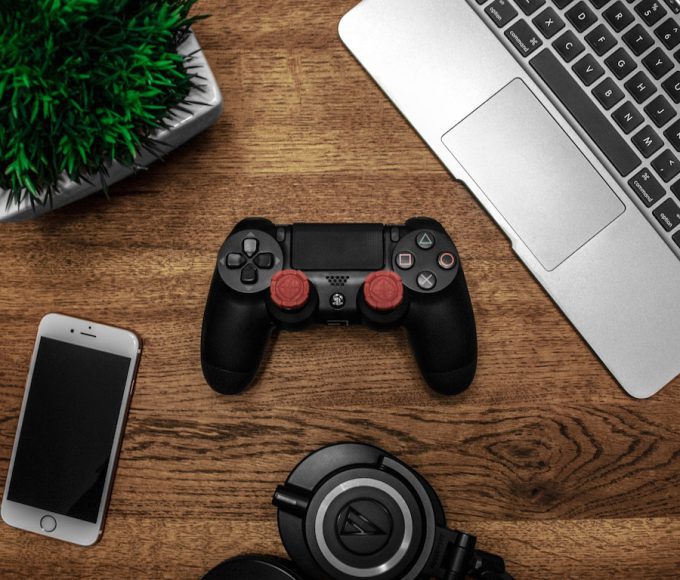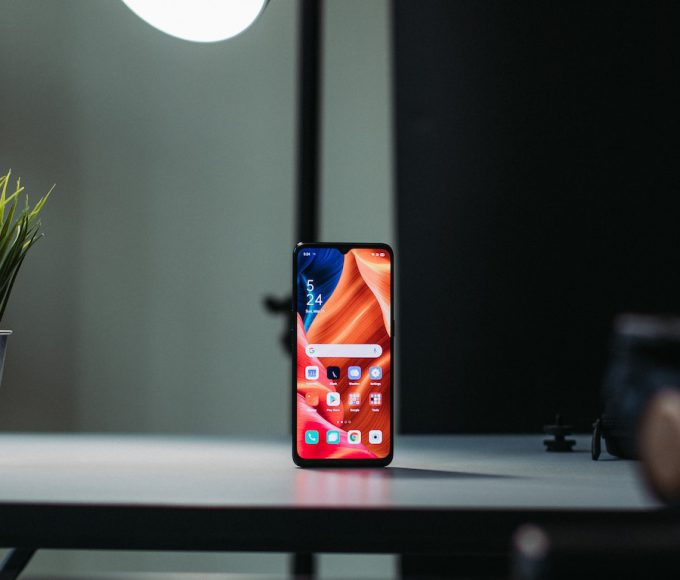There are many benefits of buying a pre-owned laptop: it’s cheap, powerful, and compact. Given the price of new computers today, purchasing a second hand one can save hundreds of dollars. With so many different laptops on the market, it can be difficult to choose the right one if you don’t have the right knowledge. Below we’ve listed some important factors to consider while making such a big purchase.
Here is a guide to help you buy a second-hand laptop:
Determine Your Needs
Before you start searching for a second-hand laptop, knowing what you will be using it for is important. Consider the programs and applications you will need to run and the amount of storage and memory you will require.
Research the Seller
Knowing who you are buying a second-hand laptop from is important. Look for reputable online sellers on marketplaces like eBay or Craigslist. Check out local computer shops or second-hand stores.
Check the Laptop’s Condition
Always check the condition of the laptop before purchasing it. Look for any scratches or dents on the laptop’s exterior. Ensure that the screen is not cracked or damaged. Ask the seller about the battery life and any issues with the keyboard or touchpad.
Check the Laptop’s Specifications
Ensure the laptop’s specifications meet your needs. Check the processor speed, RAM, and storage capacity. You can also check the laptop’s model number and look up its specifications online.
Check for Warranty
While most second-hand laptops don’t come with a warranty, some may still have a manufacturer’s warranty that is transferable to the new owner. Check with the seller to see if the laptop has a warranty.
Test the Laptop
Test the laptop before making a purchase. Turn it on and check that it boots up properly. Test the keyboard, touchpad, and any ports. You can also run a diagnostic tool to check for any issues with the laptop.
Negotiate the Price
Once you have determined that the laptop is in good condition and meets your needs, negotiate the price with the seller. Second-hand laptops are often priced lower than new laptops, but you may get an even better deal by negotiating.
Following these tips can help you find a second-hand laptop that meets your needs and budget. Remember to do your research and take your time when making a purchase. With a little effort, you can find a functional laptop at a fraction of the cost of a new one.








